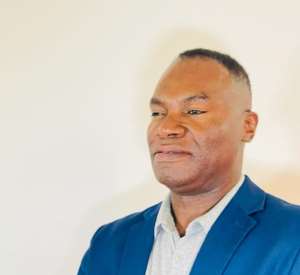
Mr. Francis Asante, a US-based finance lecturer and key figure in the Strategic Forum of the Movement for Change, has called for sustainable economic reforms to support the long-term stability of the Ghanaian cedi.
His comments come amid recent signs of appreciation of the cedi against the US dollar, a development that has sparked both praise and debate.
While many have commended Finance Minister Dr. Cassiel Ato Forson and the current administration for the cedi’s recent gains, others have attributed the improvement to earlier economic policies led by former Vice President Dr. Mahamudu Bawumia. Mr. Asante, however, cautions against over-optimism, warning that the current trend may be short-lived unless more fundamental solutions are pursued.
He observed that the Bank of Ghana’s recent liquidity injections—infusing more dollars into the forex market—have helped slow the cedi’s depreciation. But he emphasized that this tactic is only a stop-gap measure. “These interventions offer temporary relief but fail to address the structural issues weakening the cedi,” he explained.
Mr. Asante also pointed to the International Monetary Fund’s (IMF) recent staff-level agreement with Ghana, which includes a $370 million injection into the economy. While this has temporarily strengthened market confidence, he warned that such external support cannot be the cornerstone of Ghana’s currency policy.
He noted that efforts to purchase gold through the Ghana Gold Board have added to the country’s foreign reserves and offered some stability to the cedi. However, he stressed that these measures are not enough to secure long-term economic resilience.
Instead, Mr. Asante called for a strategic shift toward building a strong, self-reliant economy. He urged the government to attract direct foreign investment, revolutionize the agricultural sector, and boost tourism—citing Dubai as a model for how targeted development can strengthen a nation’s currency and economic foundations.
Mr. Asante concluded by urging policymakers to move beyond temporary fixes and instead focus on bold, sustainable reforms that will protect the cedi from future shocks and support long-term growth.


